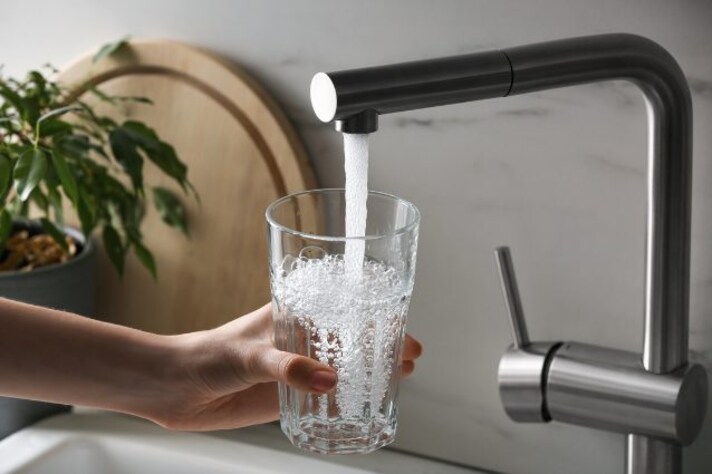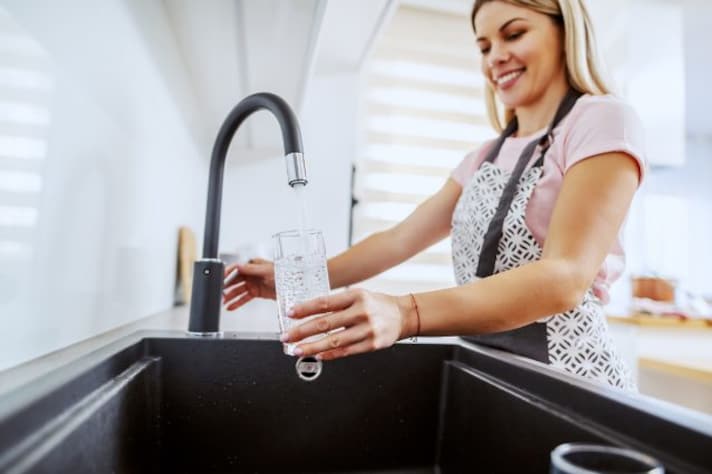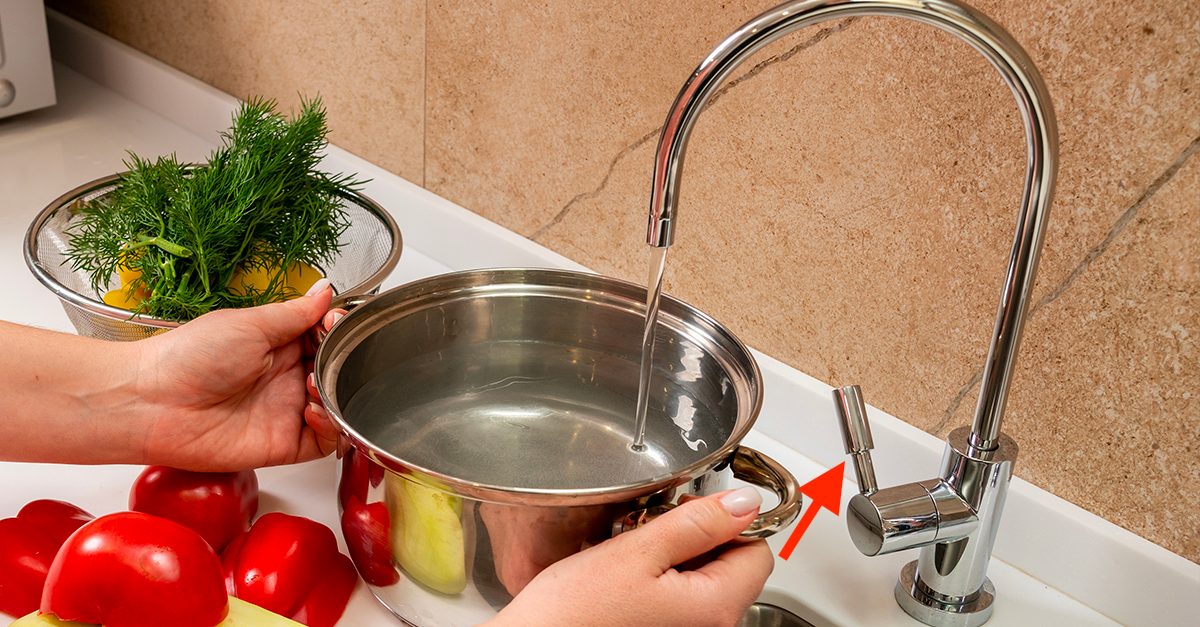A New Study Suggests That Tap Water Might Be As Good (If Not Even Better) Than Bottled Water For You
New studies reveal that tap water can be just as good, if not safer, than bottled water. While bottled options often come with misleading marketing, tap water is more strictly regulated and environmentally friendly, with fewer microplastics, lower costs, and a reduced carbon footprints!

For decades, bottled water has been touted as the gold standard of hydration—clean, safe, and refreshingly convenient. But as new studies pour in, the tide may be turning in favor of a humbler contender: tap water. Research now suggests that your local water supply could be just as good, if not safer, than its bottled counterpart. In fact, what’s flowing from your kitchen faucet might be better for you and the planet.
A growing body of research is making waves by challenging the long-held perception of bottled water’s superiority. A recent study by Food & Wine highlighted that, despite its pristine marketing, bottled water is often subject to less rigorous testing and quality standards than municipal tap water. Similarly, the Natural Resources Defense Council (NRDC) found that about 25% of bottled water is essentially repackaged tap water—just with a hefty markup.
This is not to say that tap water is flawless everywhere. Certain areas still face challenges, like lead contamination or aging infrastructure. However, the Environmental Protection Agency (EPA) enforces strict standards on public water systems, making it one of the most monitored and regulated resources in the country.

What’s in a Bottle?
Bottled water’s glossy image has long been its selling point, but peel back the label, and you’ll find some cloudy truths. According to the NRDC, bottled water is often stored in plastic that can leach chemicals like bisphenol A (BPA) or microplastics into the water over time. These tiny particles may not just be a buzzword for environmentalists but a potential health concern for consumers.
Meanwhile, tap water, often filtered and enriched with minerals like calcium and magnesium, can offer a naturally balanced profile. When properly maintained, municipal systems ensure clean and safe drinking water without the environmental cost of single-use plastics.
What About Money?
Let’s talk dollars and cents—because that’s where bottled water often drowns its competition. Americans spend billions annually on bottled water, with brands leveraging fear and convenience to justify prices that can be thousands of times higher than tap. Yet, those who opt for tap water (perhaps with an affordable filtration system for peace of mind) are not only saving money but also making a more sustainable choice. Every bottle avoided means less plastic waste clogging landfills and oceans.

It’s not just about what you’re drinking but how it impacts the planet. The production and transportation of bottled water require massive amounts of fossil fuels and water resources. As the NRDC reports, it takes about three liters of water to produce just one liter of bottled water—a staggering inefficiency.
On the other hand, drinking tap water significantly reduces your carbon footprint. Pair it with a reusable bottle, and you’ve got an eco-friendly hydration solution that’s better for the planet and your wallet.
Much of bottled water’s appeal boils down to marketing rather than merit. Studies show that people often can’t distinguish between bottled and tap water in blind taste tests. In fact, many major bottled water brands source their product from municipal supplies—essentially the same water you’d get from your sink.
;Resize,width=767;)
;Resize,width=712;)
;Resize,width=712;)

